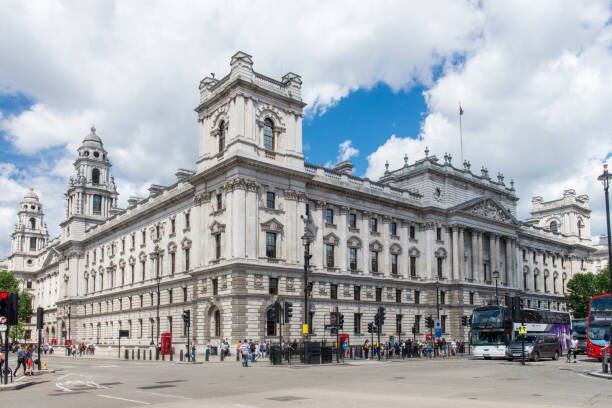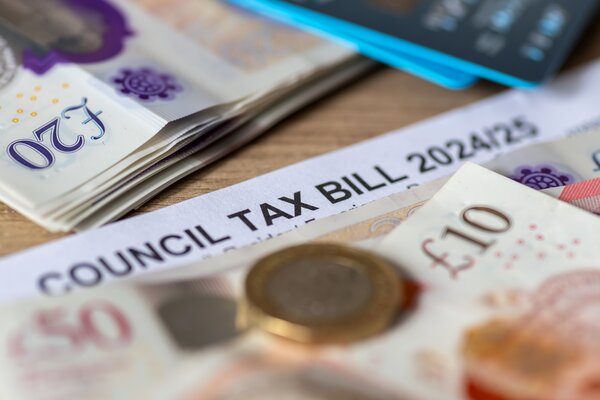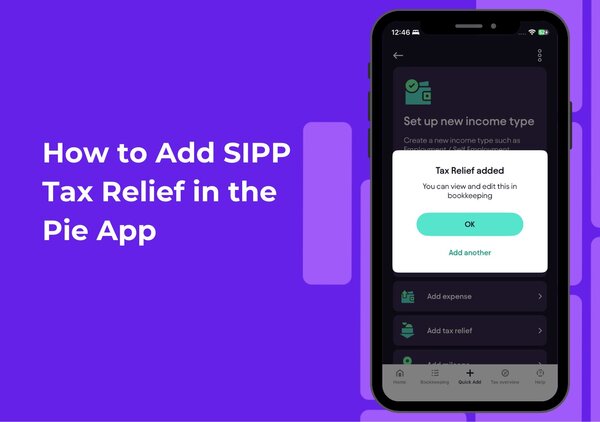A Productivity Crisis Rooted in Alcohol Harm
The IPPR survey of 2,083 employees found that 29% of workers had noticed colleagues underperforming after workplace drinking, while 43% of 18-24-year-olds admitted calling in sick due to alcohol-related hangovers.
Senior research fellow Jamie O’Halloran said:
“This isn’t just about hangovers it’s a national economic problem. If the Government is serious about growth, it needs to take alcohol harm seriously too.”
The report highlights how workplace social events often revolve around drinking, leaving younger or non-drinking employees feeling pressured to conform, potentially harming inclusivity and morale.
IPPR’s Recommendations for Reform
The IPPR has proposed several measures to reduce alcohol harm and its economic cost.
Among its key recommendations:
- Reintroduce the Alcohol Duty Escalator, first introduced in 2008, which raised duties by 2% above inflation each year.
- Standardise duty rates across all alcoholic beverages based on alcohol by volume (ABV).
- Introduce a minimum unit price in England, following the models already implemented in Scotland and Wales.
The think tank argues that such reforms would both discourage excessive drinking and generate additional tax revenue that could fund preventive health measures.
Government Response and Political Risks
A Government spokesperson acknowledged the issue but pointed to ongoing commitments under the 10-Year Health Plan, including the introduction of mandatory nutritional and health warnings on alcoholic beverages.
The spokesperson said the Government was “shifting from sickness to prevention” and had committed £310 million to improve alcohol and drug treatment services.
However, the IPPR warned that without fiscal measures, voluntary approaches and awareness campaigns would not be enough to curb harmful drinking habits or restore lost productivity.
Industry Pushback from Brewers and Pubs
The proposal to increase alcohol duties has drawn strong criticism from the British Beer & Pub Association (BBPA).
Chief executive Emma McClarkin said:
“Raising alcohol duty now would be catastrophic. UK beer duty is already among the highest in Europe three times the EU average and ten times higher than in Spain or Germany.”
The BBPA argues that further increases would devastate pubs and breweries still recovering from post-pandemic and cost-of-living pressures, calling instead for a beer duty cut and business rates reform in the next Budget.
Public Opinion and Employer Responsibility
According to the IPPR survey, 73% of workers believe employers have a duty to curb workplace drinking. Yet, more than half said their employer offered no guidance or alcohol-free alternatives at work events.
The think tank’s Sebastian Rees urged employers to lead by example:
“This isn’t about banning drinks it’s about giving people the choice to thrive without pressure. Doing nothing is costing us all.”
Workplace policies encouraging balance, inclusivity, and alcohol-free events could, the report suggests, have a greater impact on productivity than punitive measures alone.
Balancing Health and Economic Growth
While the IPPR acknowledges that raising alcohol duties could prove politically unpopular, it insists the long-term gains through improved workplace performance and reduced absenteeism outweigh the short-term backlash.
The group also argues that the industry’s claims of economic contribution may be overstated, given the prevalence of part-time, low-wage roles within the sector.
Economists suggest that if implemented carefully, duty reforms could boost health outcomes, reduce NHS costs, and improve overall workforce output.
What It Means Ahead of the Budget
With Chancellor Rachel Reeves preparing her Autumn Budget, the IPPR’s recommendations add yet another layer to the growing debate over taxation and public health.
Whether or not alcohol duties rise, the issue underscores the Government’s challenge: tackling stagnating productivity without jeopardising key industries or overburdening consumers.
As fiscal and health policies evolve, the Pie app enables individuals and businesses to track Budget updates, calculate tax impacts, and receive alerts on duty rate changes.
From income tax adjustments to excise duties, Pie helps users stay informed and financially prepared in a rapidly shifting tax landscape.
The Institute for Public Policy Research (IPPR) has called on the Government and HMRC to increase alcohol taxes to combat what it describes as a “national productivity crisis.”
According to new research, nearly one in three UK workers has called in sick after drinking at work-related events, with young professionals among the most affected. The think tank argues that the UK’s entrenched workplace drinking culture is damaging productivity, worsening absenteeism, and costing billions.
As the Autumn Budget approaches, the call has reignited debate over balancing public health, economic growth, and business pressures a conversation that businesses and individuals can track using the Pie app for real-time tax and policy updates











